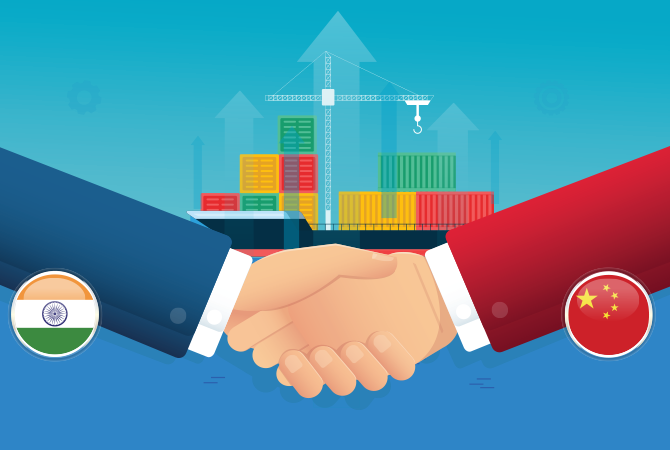Let not your labels become your limitations
Have
you ever come across people, who say things like:- I
studied in a Tamil medium school, so I can’t speak English.
- I
come from a conservative family, so I am a shy type.
- I come
for a rural background, so I don’t have a good exposure.
There
are so many such statements we hear in our day-to-day life, and we empathetically
accept the same. But if we look into this deeply, it is more of a psychological
issue rather than a real issue. All these are just the many labels, one has subconsciously
bought into, in their childhood.
There are so many such statements we hear in our day-to-day life, and we empathetically accept the same. But if we look into this deeply, it is more of a psychological issue rather than a real issue. All these are jus the many labels, one has subconsciously bought into, in their childhood.
There
is a concept called Self Fulfilling Prophecy. It
is a process through which one’s expectation leads to its own confirmation. So, we become what we believe or do only the things we think we are
capable of doing. It is all in our mind. It has a positive side and
negative side to it. On the positive
side, it is empowering and enabling, whereas on the negative side it becomes self-limiting
and disabling. Our labels can become our
limitations. This is the impact of labelling.

Now
let me, explain this with an interesting analogy, of the childhood conditioning
of an Elephant. We all know that the
Elephant is a mighty animal, but still we see that it is made to stand in a
particular place, by fastening it with a small metal chain. With its size and
strength, the Elephant can easily break away from this chain, if it tries a
little harder, but still, it doesn’t. Can you guess, why it is so? It is because of its childhood
conditioning. The chain was fastened to its
legs, when it was small and every time, it tried to move it felt the chain
holding it back and so was not able to move. After years of conditioning, the
Elephant concludes that it cannot break away from this chain and so stays
wherever it is, even after growing up. Though it is a simple story, there is a
deep message for all of us. It is because, it is the same type of conditioning
that happens to humans too.
This
conditioning happens to humans, in the form of labels, which is either given to
them by someone else or by themselves. So, we have to be conscious about what we
tell ourselves and others.
So,
let us start with ourselves. What are the labels you have given to yourself?
For instance, I have given the following labels to myself, and it is still
difficult to outgrow - I have a poor handwriting; I am a slow reader, I speak
too fast and so on. These are some of the many labels, I have been living with
since my childhood and over a period of time, these labels have become so deeply
rooted strong, they have become my comfortable excuses too. I am well aware
that if I stop making these excuses and take extra effort, I can overcome all
these, but at some point, of time we all learn to live with our limitations,
rather than taking efforts to overcome it.

The
next thing we have to be cautious about is, what we tell others, especially our
own children. Our children believe and trust us so much, that they can be
easily influenced by what we say. So, by calling a child as lazy, shabby, or
dull we are not helping them to be any better. We are just making it easier for
them to accept that as an excuse and continue to live their life, that way. There
are a lot of things, we unintentionally tell our children without realizing its
long-term implications. And these words become their limiting beliefs. So, in
spite of growing up as an adult and being able to challenge and update that
belief, they tend to keep validating it by believing in their childhood labels.
This in turn leads to a lot of complexes, which limits their ability to
volunteer and take up opportunities.

So,
how do we overcome this? With some self-introspection, we can become aware of
our labels and challenge them instead of using them as excuses, that is
limiting our growth. We need to realize that every shortcoming can be overcome
through some formal training and practice. For example, No one is a born public
speaker, yet many people learn the art of public speaking and fine tune it with
practice. It is true some people are naturally gifted, but that doesn’t mean
public speaking is reserved only to those selected few. Anyone who takes the
effort to learn and practice, can develop the skills, they wish to acquire.
So do you want to continue being a victim of your own labels or do you want to emerge as a victor from these labels? The choice is yours.
D. Senthil Kannan,
Managing Trustee, PALMS, Tuticorin.
Author of "Transformational Thoughts" - A Journey of learning
Email: senthilkannand@gmail.com
































.jpg)




%20Ltd.-1.png)


%20Ltd..png)